Yujing District is situated in a basin within the eastern mountainous area of Tainan City. Previously known as Tapani, meaning "Famous Potatos" in the Silaya Tribe language, it has now evolved into a regional hub for crop production and mountain towns.
Yujing was originally inhabited by the Daman people (also known as Dawu Dai). During the Ming and Zheng Dynasties, the Siraya people from Damujiang (now Xinhua District) migrated to Yujing, displacing the Daman people who subsequently relocated to Baihe in Tainan and Shanlin, Jiaxian, and Liugui in Kaohsiung. During the Qing Dynasty, Han people began settling in the area, establishing villages.
In 1915, Yu Qingfang and others initiated an anti-Japanese movement in Yujing. This historical event, known as the "Xilaian Incident" or "Yujing Incident," marked the largest and most sacrificial armed resistance against the Japanese occupation in Taiwan's history. In early 2014, approximately 3,000 skeletons were discovered in Xinhua District, suspected to be victims of this incident.
In 1920, the place name was changed by the Japanese from "Tapani" to "Taimai," and "Yujing Township" was established under the jurisdiction of Xinhua County, Tainan. After World War II, it became Yujing Township in Tainan County until December 24, 2010, when it was designated as Yujing District.
Yujing flourished as a sugar-producing region during the Japanese occupation. In the 1960s, the government's promotion of improved mango species made it a significant mango-producing area. Consequently, when people mention "Yujing" in Taiwan, it is often associated with mangoes. However, mangoes are also cultivated in neighboring areas such as Danei, Nanxi, Zuozhen, and Nanhua.
Taiwan Sugar Factory Yushan Line
After the war, the sugar railway from Zuozhen was extended to Yujing Mountain. In 1953, the "Yushan Line" (Yujing-Shanhua) was piloted, but it faced challenges after the development of roads. In 1975, the entire line was discontinued. Many relics of the railway are still visible today.


Tapani Incident Memorial Park (噍吧哖事件紀念園區)
In 1915, due to deep grievances resulting from an unjust tax system, legal system, and pervasive police presence, Yu Qingfang and others collected funds in the name of Xilai Temple to oppose Japanese rule. This led to the outbreak of the Tapani Incident, the largest anti-Japanese event during Japan's rule over Taiwan. In 2015, on the occasion of the incident's 100th anniversary, the Tainan City Government's Cultural Bureau renovated the Yujing Sugar Factory Guest House and other buildings, transforming them into the Tapani Incident Memorial Park. The park, occupying an area of nearly 2,000 square meters, aims to preserve the buildings, natural environment, and historical significance. It serves as a platform to promote local history and culture, offering visitors the opportunity to learn about the area's cultural heritage alongside savoring the delectable Aiwen mangoes for which Yujing is renowned.

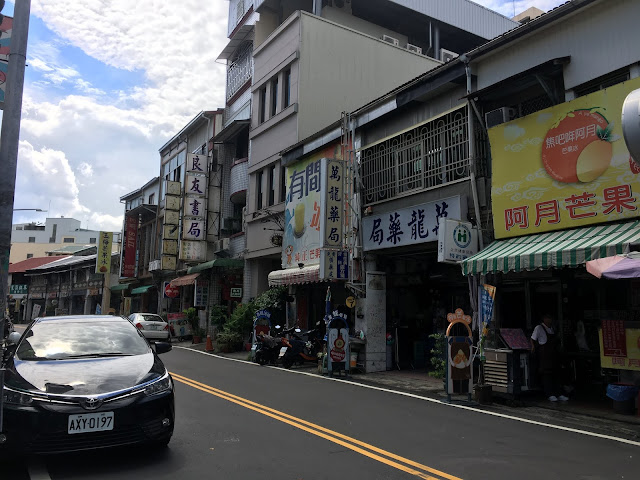
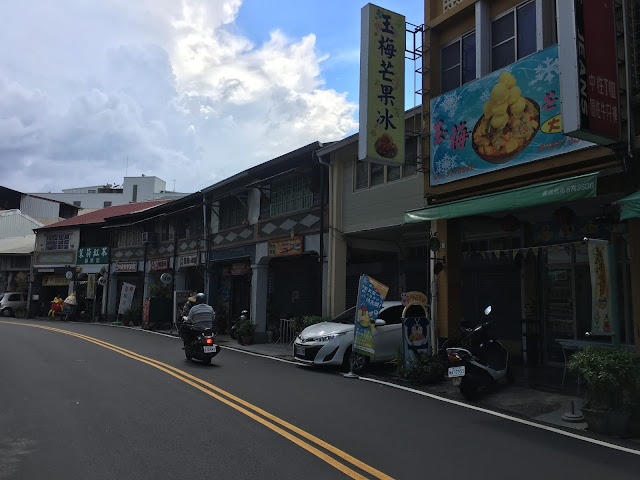

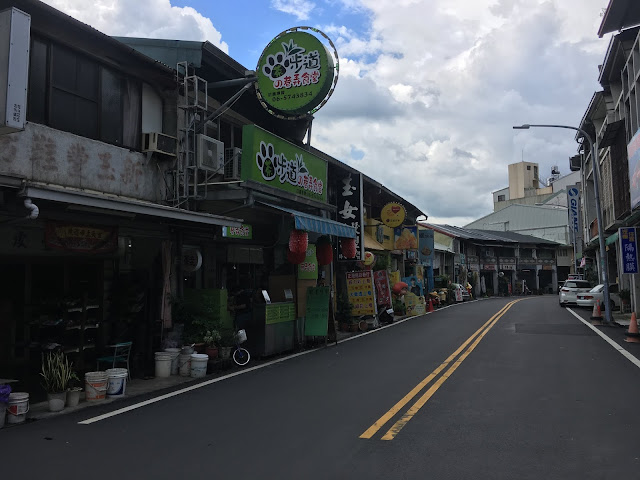
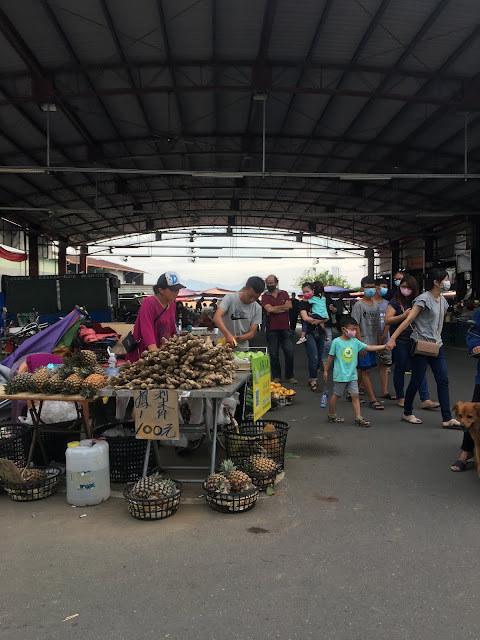

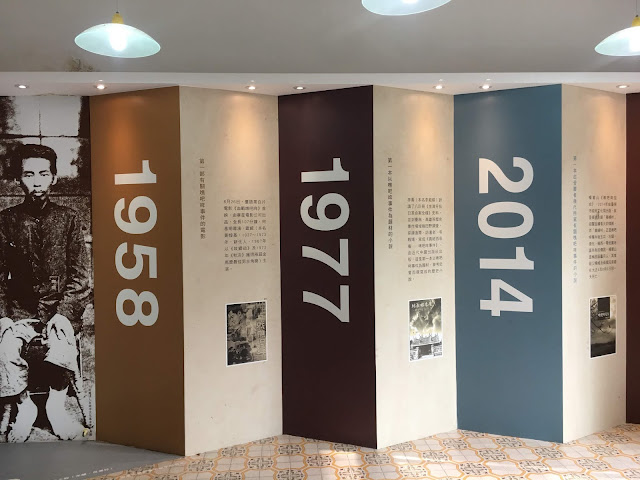
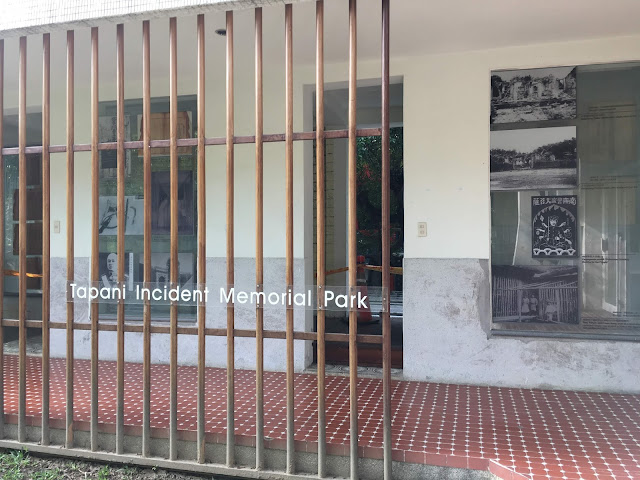
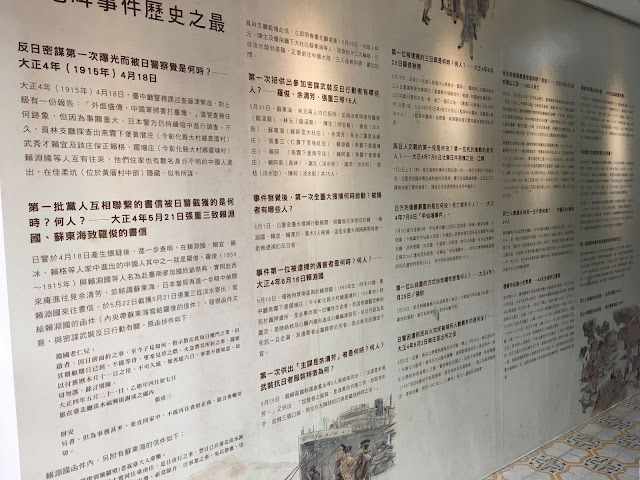
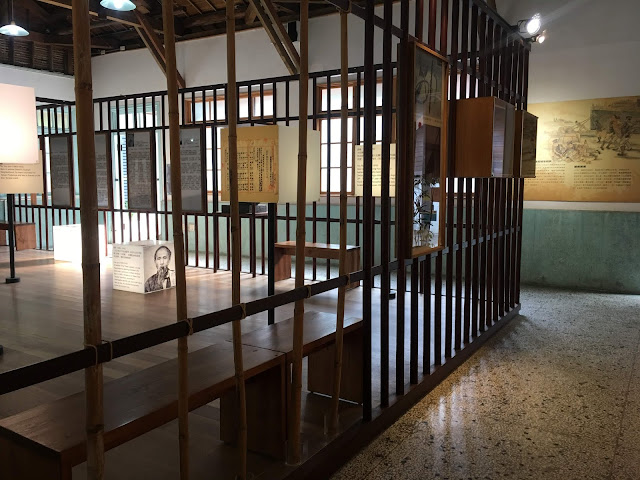
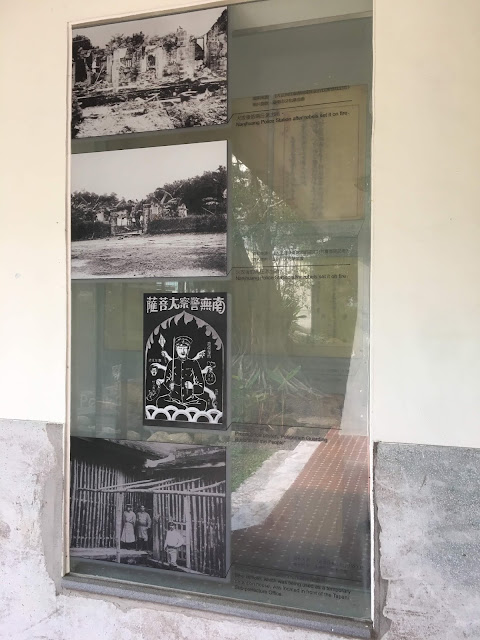







0 komentarze:
Post a Comment